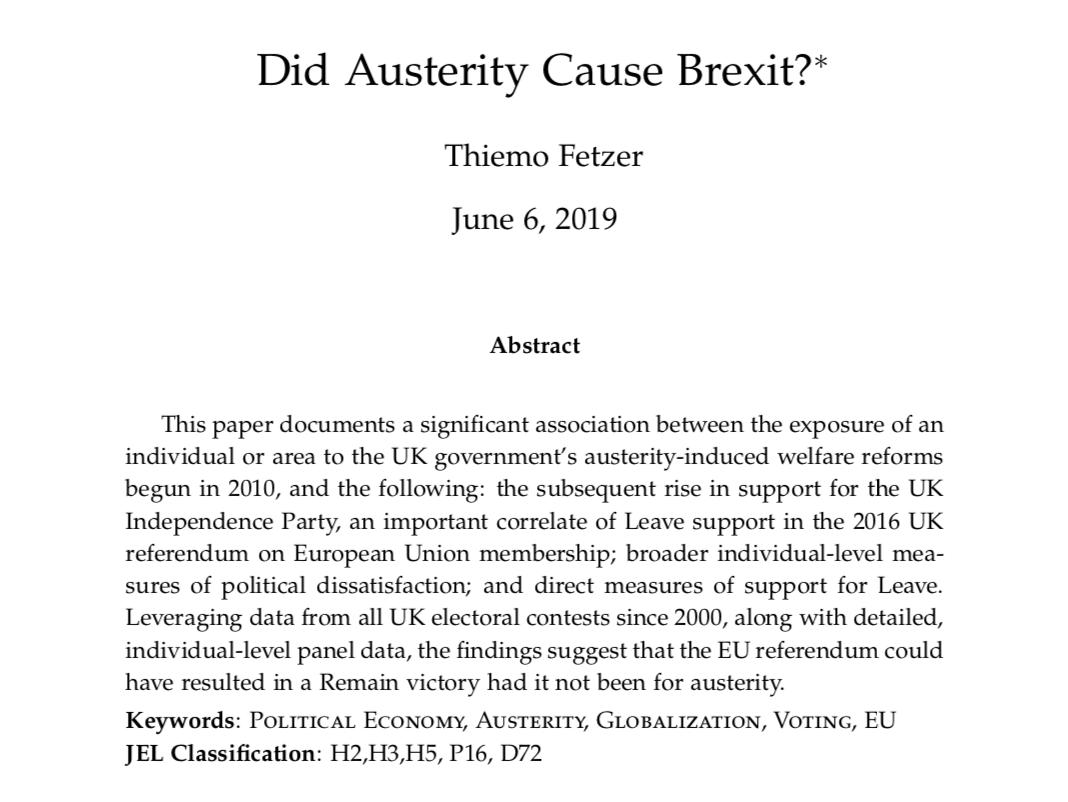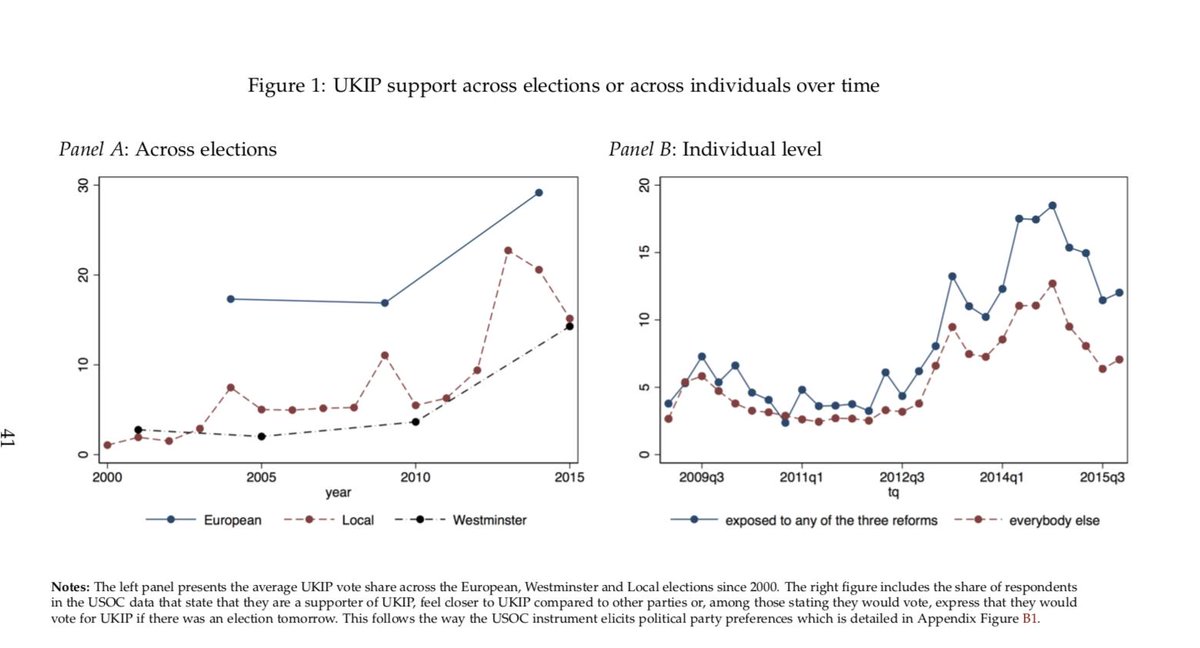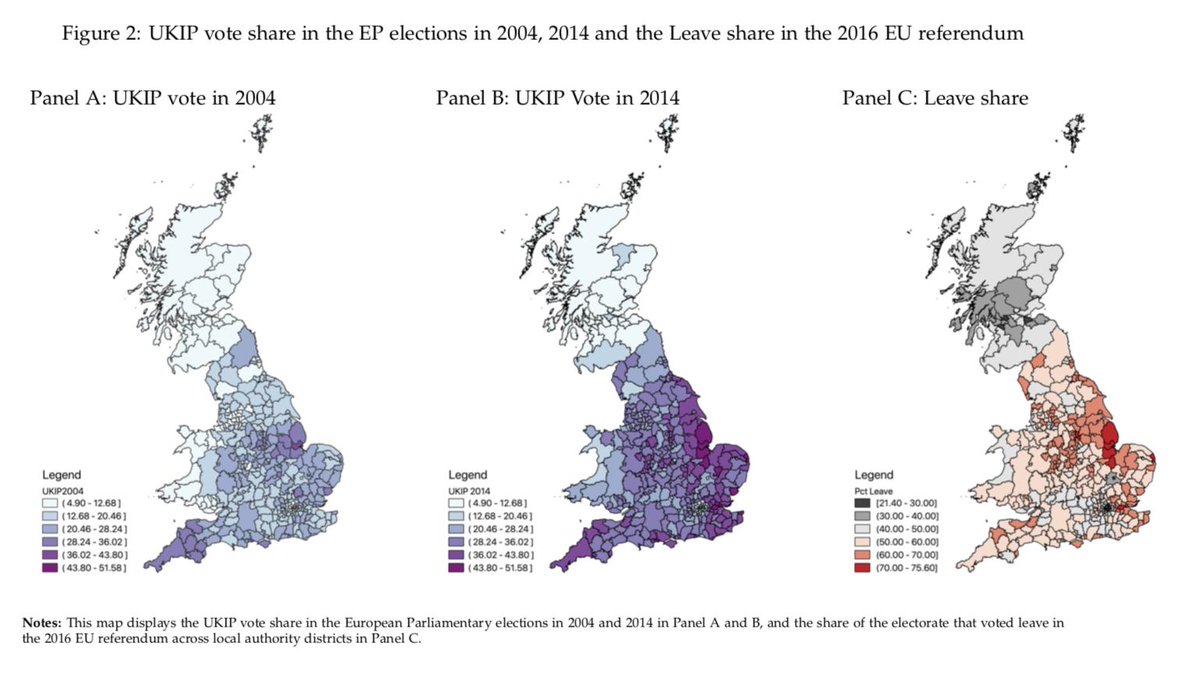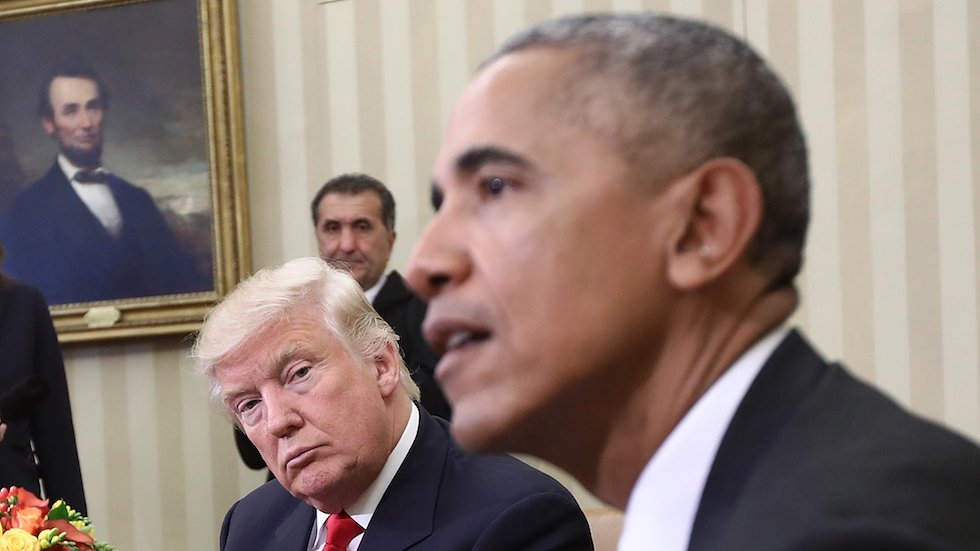We've taxed the poor to pay the rich. 9/17
The problem with inflation (& monetary policy in general) over the past 50 years is that it has been specifically weaponized for the benefit of the wealthiest at the expense of everyone else. 10/17
That type of inflation decreases wealth inequality. 14/17
plutobooks.com/9780745334974/…









